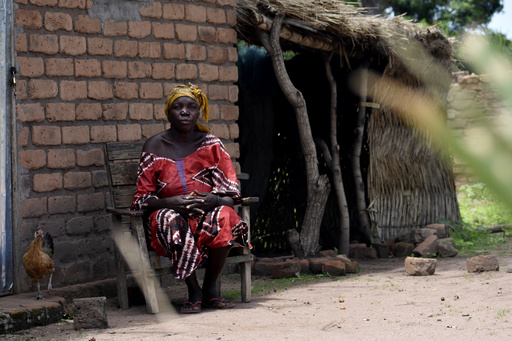In Binmar, a village in southern Chad, Milla Nemoudji, 28, faced economic challenges after divorcing her abusive husband as women in Chad typically have limited access to land traditionally controlled by men. Despite the rarity of divorce in Chad, Nemoudji fought for independence by selling goods and working as a laborer. Last year, she joined a women’s collective in her village, gaining access to land for farming cotton, peanuts, and sesame, enabling her to cover basic needs.
Chad’s land access is often controlled by village chiefs, marginalizing women from land ownership and inheritance, thus reinforcing their secondary status in society. Customary law often prevails over statutory law, complicating the implementation of recent legal reforms recognizing land ownership rights for all citizens. The response to women asserting their rights, like Nemoudji, can be met with hostility despite suffering from domestic violence.
Initiatives like N-Bio Solutions, led by Adèle Noudjilembaye, challenge these norms by advocating for women with traditional chiefs to secure land leases. Financial constraints and some women’s reluctance to take risks hinder the progress of such initiatives. Empowering women with land access not only promotes gender equality but also sustainable farming practices like crop rotation and organic farming.
Despite the challenges, collectives like N-Bio Solutions have empowered women in Binmar to implement sustainable farming practices, contributing to gender equality and sustainable agriculture in Chad. However, the obstacles for women asserting their rights in Chad persist, evident in the country’s low global ranking in gender equality and the high maternal mortality rate.
Women in Binmar have found solidarity in collectives, offering strength amidst a lack of support from traditional leaders and authorities. The community-based approach is seen as essential to achieving land rights objectives in a society where cultural practices often hinder women’s individual land ownership. Women like Marie Depaque emphasize that the fight for land rights is not just economic but also about justice, equality, and hope for a better future.
Nemoudji envisions a better future for her community through improved educational opportunities and advocacy for changes in the land ownership system. By knowing her rights, she believes she can seek help and demand justice as she works towards breaking the cycle of poverty and violence in her community.


